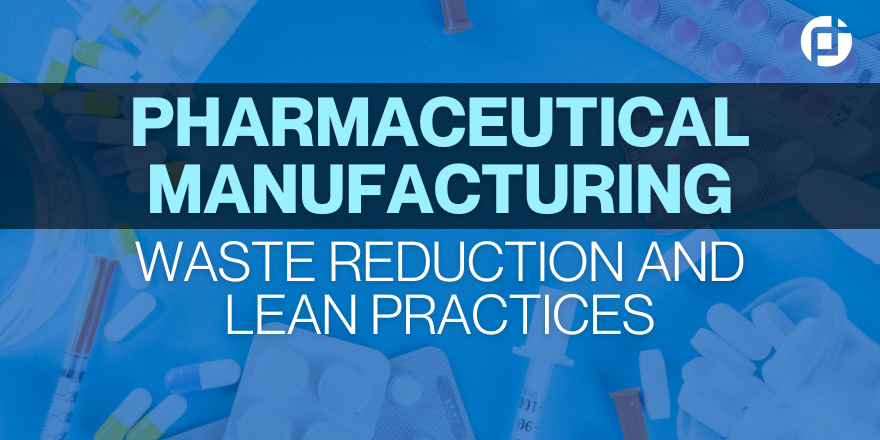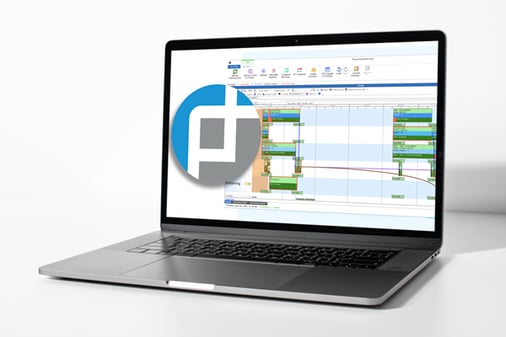Topics: Supply Chain Optimization, Regulatory Compliance, PlanetTogether Software, Integrating PlanetTogether, Real-Time Data Exchange, Quality Control and Compliance, Resource Efficiency and Waste Reduction, Lean Practices

As a Purchasing Manager, you're acutely aware of the intricate dance between supply chain management, production scheduling, and waste reduction.
This blog looks into the realm of waste reduction and lean practices in pharmaceutical manufacturing, exploring how integration between PlanetTogether and leading ERP, SCM, and MES systems can revolutionize operations.
Waste in pharmaceutical manufacturing encompasses more than just physical materials. It extends to time, energy, and resources. The traditional seven wastes, identified in lean manufacturing, resonate profoundly in this industry:
Implementing lean practices is not merely about trimming the fat; it's about optimizing every aspect of the manufacturing process to deliver maximum value with minimal waste. Here's how pharmaceutical manufacturers can leverage lean principles:

While lean principles provide the framework for waste reduction, technology serves as the enabler. Integrating advanced planning and scheduling software like PlanetTogether with ERP, SCM, and MES systems enhances visibility, agility, and decision-making across the entire manufacturing ecosystem. Let's explore how this integration facilitates waste reduction:
Real-Time Data Exchange: Seamless integration between PlanetTogether and ERP systems such as SAP, Oracle, or Microsoft Dynamics enables real-time data exchange, ensuring accurate demand forecasting, inventory management, and production planning.
Dynamic Production Scheduling: PlanetTogether's advanced algorithms optimize production schedules based on demand fluctuations, resource availability, and capacity constraints, minimizing lead times and reducing overproduction.
Supply Chain Optimization: Integration with SCM systems streamlines supplier management, procurement processes, and logistics, ensuring timely delivery of raw materials and components while minimizing transportation waste.
Quality Control and Compliance: MES integration enables real-time monitoring of production processes, facilitating early detection of defects and deviations from quality standards, thus minimizing rework and scrap.
Resource Utilization: PlanetTogether's capacity planning capabilities, coupled with ERP integration, optimize resource utilization by aligning production schedules with machine capacity and labor availability, reducing idle time and motion waste.
Continuous Improvement: Data analytics tools integrated with PlanetTogether provide actionable insights into production performance, enabling continuous improvement initiatives aligned with lean principles.
Regulatory Compliance: Integration with regulatory compliance software ensures adherence to stringent industry regulations, minimizing the risk of non-compliance-related waste.
In the quest for operational excellence in pharmaceutical manufacturing, waste reduction and lean practices emerge as linchpins of success. By embracing lean principles and integrating advanced planning and scheduling software like PlanetTogether with ERP, SCM, and MES systems, pharmaceutical manufacturers can unlock new levels of efficiency, agility, and competitiveness.
As a Purchasing Manager, your role in driving this transformation is pivotal. By championing the adoption of integrated technologies and fostering a culture of continuous improvement, you can propel your organization towards a leaner, more sustainable future.
Topics: Supply Chain Optimization, Regulatory Compliance, PlanetTogether Software, Integrating PlanetTogether, Real-Time Data Exchange, Quality Control and Compliance, Resource Efficiency and Waste Reduction, Lean Practices
0 Comments
No video selected
Select a video type in the sidebar.







LEAVE A COMMENT